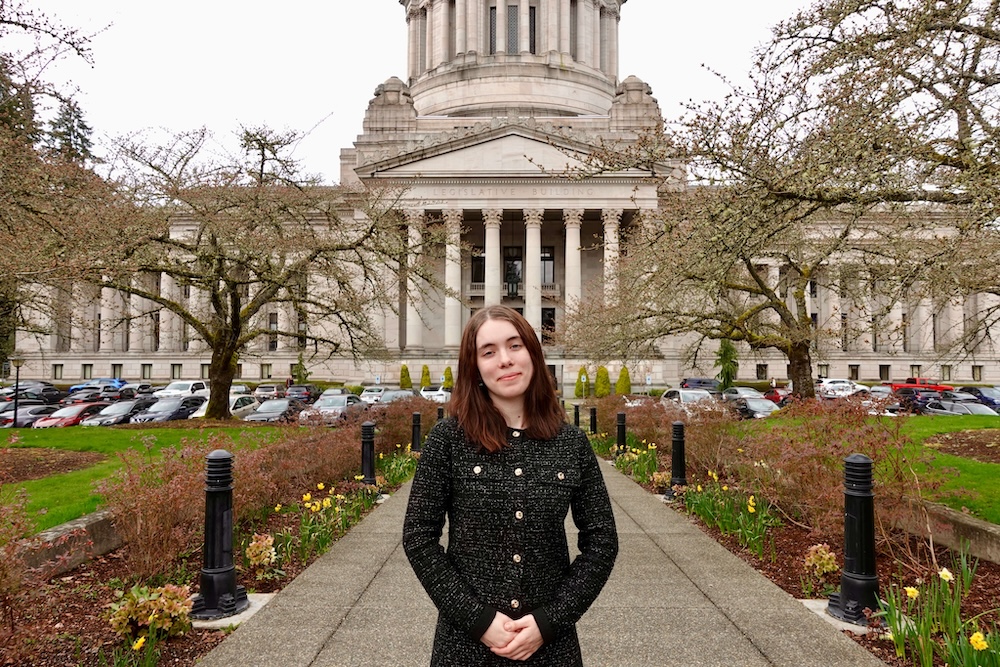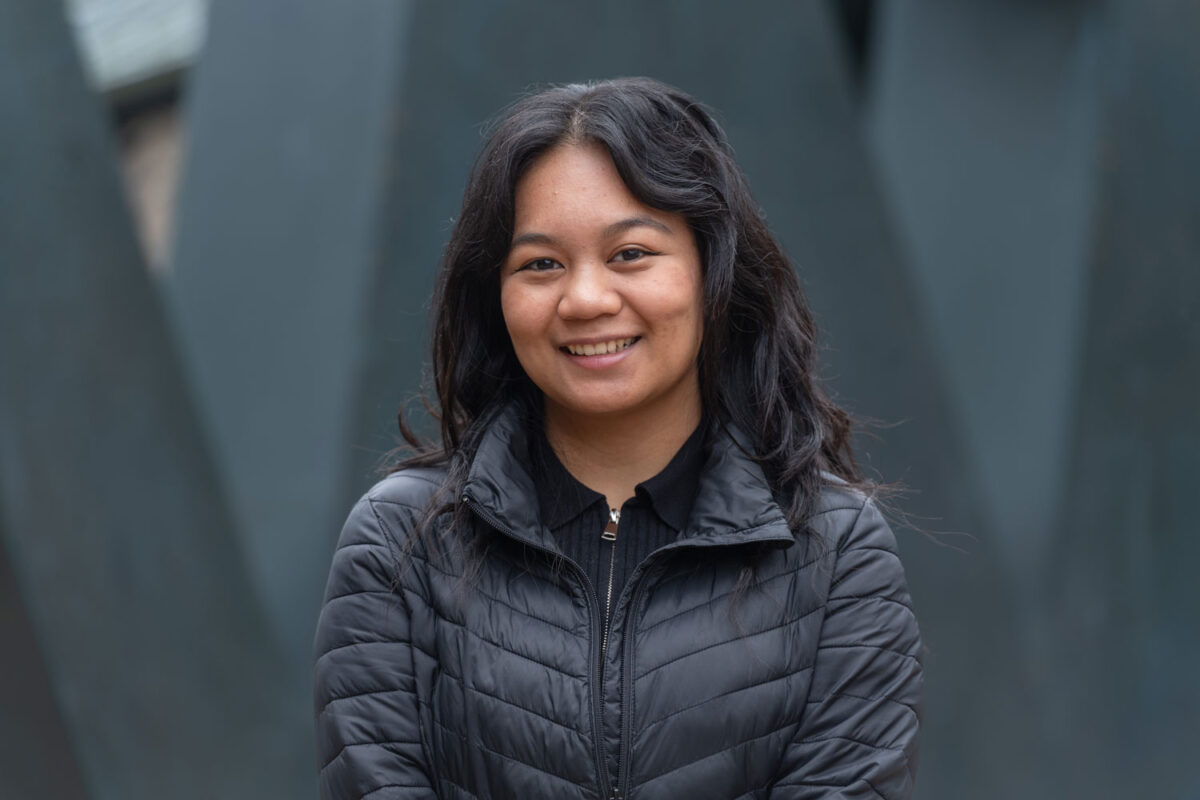Last spring, three University of Washington Bothell students received a summer research fellowship from the UW’s Institute for Stem Cell & Regenerative Medicine in Seattle. The multi-lab research institute is affiliated with the Fred Hutchinson Cancer Research Center and Seattle Children’s Hospital.
The ISCRM fellowship program, which the fellows affectionately call “Ice Cream,” provides meaningful opportunities in stem cell research to graduate and post-doctoral students interested in stem cell and regenerative medicine and technologies. They are mentored and trained under the guidance ISCRM faculty with the goal of enhancing students’ education as well as the future of this type of research in Washington state.
The fellowship rarely accepts undergraduates but invited Prabhat Aluri, Dessirée Ortaç and Chardai Thomas, three students from UW Bothell with diverse backgrounds often underrepresented in STEM, to join the program and forward their careers.
Diverse paths to research
These fellowship recipients were all mentored by Dr. Bryan White, a teaching professor in the School of STEM who did his doctoral research at the ISCRM labs and has regularly taken students on field trips there. White encouraged all three to apply for this rigorous and competitive fellowship, although they each came to stem cell research in their own ways.
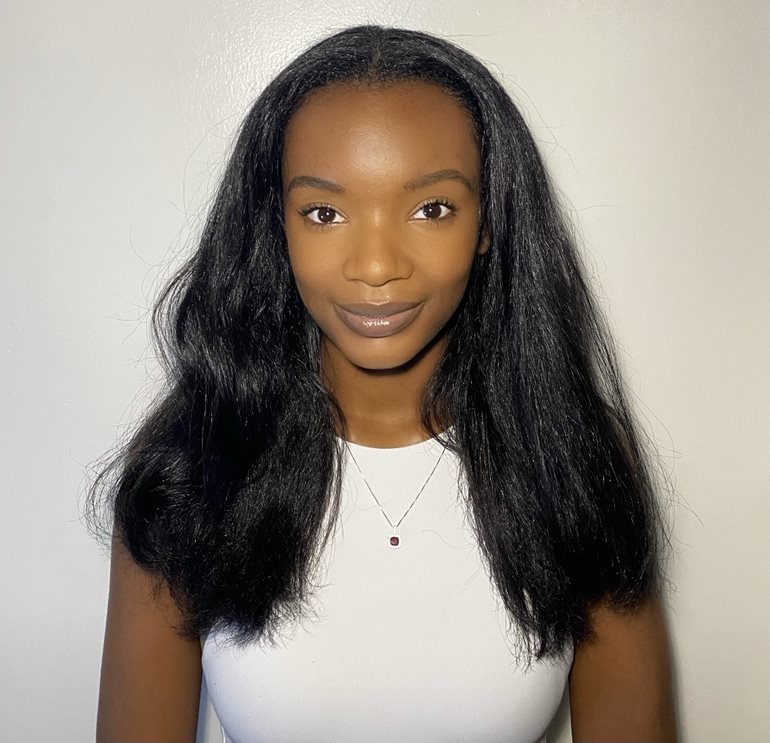
ISCRM research fellow Chardai Thomas was born and raised in Seattle, and has lived in Columbia City most of her life. This year, she is a senior at UW Bothell, majoring in Biology with a minor in Health Studies.
While she’s always been interested in science, Thomas focused on political science in high school. And when she arrived at UW Bothell, she declared as a history major, hoping to delve deeper into her passion for early civilizations and early humans. Then, about three years ago, Thomas’ mother fell ill with cancer — a difficult experience that also reignited Thomas’ passion for science.
“It kind of got me thinking about biology and cancer and things like that, so I thought I wanted to do nursing but then I went down a pre-med path,” said Thomas. “Then, I took the class Stem Cells which is kind of where everything all clicked.”
The other UW Bothell students in the fellowship, Aluri and Ortaç, say they have been passionate about stem cells since they were young.
Scientists in the making
Aluri, who lived in the Midwest before relocating to Seattle six years ago, is in his third year at UW Bothell as a math major. As a child, Aluri can remember reading about stem cell research, along with other advancements in science, and said he was in “awe about how stem cells had the potential to fundamentally alter how we thought about and developed medicine.”
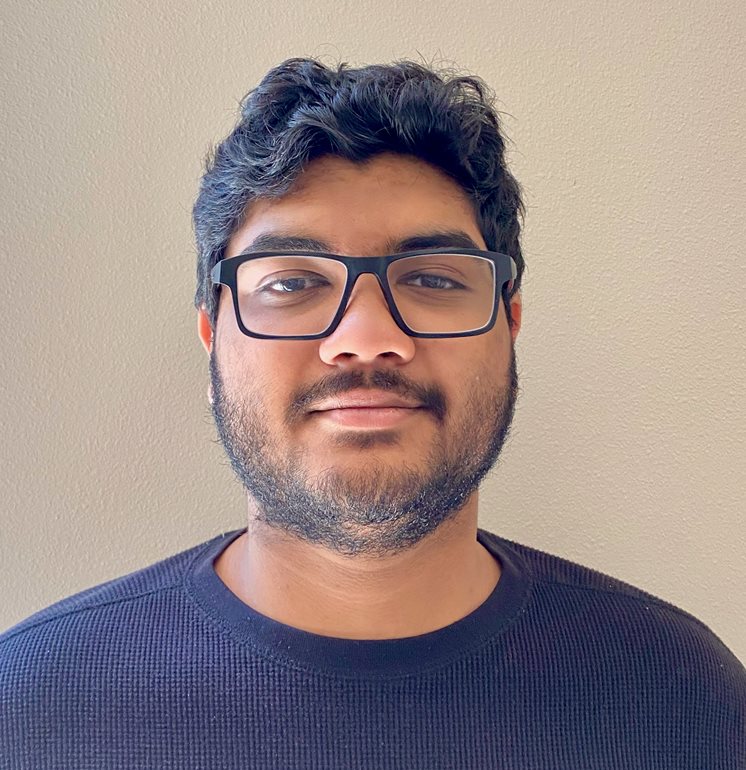
He never lost interest in stem cells and what they could achieve, so when he learned about this fellowship, he jumped at it. “My inspiration for applying to the ISCRM summer research fellowship was purely to enhance my educational opportunity in college and broaden my perspective in science,” Aluri said.
Similarly, Ortaç has been “in love with biology” since the 5th grade and found stem cell research and regenerative medicine as she looked for a way to fuse her love of science with her desire to make a positive impact.
Ortaç, now a junior, was born in the Dominican Republic and has also lived in Azerbaijan, Turkey and Uzbekistan. “As an international student, research opportunities are hard to come by as most are only offered to citizens or green card holders, not students on visas,” she said.
“This fellowship was the first time I had come across a research opportunity that accepted applications from international students, so I was extremely excited,” Ortaç said. “I had never done upper-level research before, so I was really looking forward to learning what professional research is like and exploring it as a possible career route.”
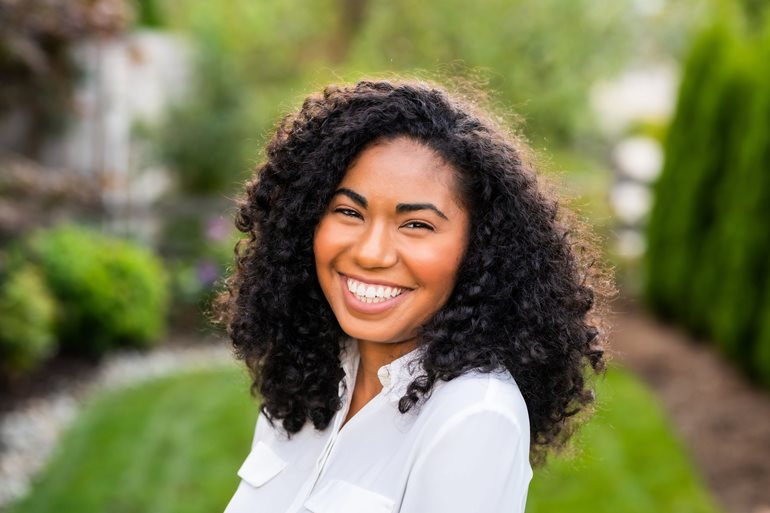
Before being invited into the ISCRM fellowship, each of the applicants went through a rigorous application process that included interviews, details about their academic qualifications and a series of essays outlining future interests, current passions and previous work that exemplify the values the institute and fellowship represent. Once accepted, the three fellows were assigned to different research projects, each with it own individual focus.
Transformative research
Since early summer, Thomas has been studying Polycystic Kidney Disease, a genetic disorder that affects about 1 in 500,000 people and can lead to renal failure. Some individuals have a genetic makeup that makes them prone to these cysts, and Thomas wanted to learn more about why.
“It happens when you have a gene — the polycystin gene — that encodes for these cysts’ malfunction. If you knock out both of those genes, you start to develop these cysts on your kidneys. If you have both of those genes working functional, you won’t get PKD and you won’t grow the cysts,” Thomas said. “So my question was, ‘What happens if you have one functional and one non-functional?’”
Thomas has ventured to answer that question by replicating normal and mutated copies of the gene with stem cells.
As for Aluri, he has been a part of the Musculoskeletal Systems Biology Lab that focuses on new ways to treat osteoporosis, a disease in which the tissue in bones breaks down at a higher rate than normal.
“The research I did involved investigating genetic determinants of osteoporosis and related traits in zebrafish, using Crispr-Cas9 genetic editing and computational analysis based on advanced imaging techniques,” Aluri. “The broader goal of this project was to elucidate how genetics influence bone mineral density and other osteoporosis-related traits to identify new drug targets for osteoporosis.”
Ortaç worked in the Davis Lab, which is focused on understanding the role of a protein called MBNL1 in regulating heart development and response to injury.
“We are using novel genetic mouse models to study how modulating MBNL1 impacts heart cell growth and proliferation,” she said. “We hope our findings aid in finding a way to drive heart regeneration in adults who’ve suffered from a myocardial infarction.”
Promising experiences
The fellowship is technically over, but Thomas’ PKD research is ongoing. She recently completed her first experiment, which she says rendered some interesting results she hopes to eventually publish in a scientific journal. Still, she hesitates to share the results until she’s conducted further testing.
And while her research is not yet complete, the fellowship has led to other impactful results.
Thomas plans to be a researcher, which requires her to both get a doctorate and go to medical school, so she was thrilled to be paired with a student in the process of becoming an M.D.-Ph.D. herself. “Ph.D.s are so individualized — they’re so different — that I knew nothing about the path to get it combined with an M.D., so it was helpful to work with a student who was in the program,” Thomas said.
She said the fellowship also boosted her confidence in a lab setting, especially having missed lab time when UW Bothell moved to remote operations because of the pandemic.
“The Friedman Lab is a well-funded lab — I’ve never been in one like it. I had access to what I think are some of the best tools to do this research. Without this fellowship I feel like my project wouldn’t be as good as it is.”
What’s more, Thomas got permission from the leader of her lab to continue working on research happening at the lab, which she is funding through another fellowship she recently received.
Continuing the research
The other two fellows have also seen interesting results from their research and fellowship experiences.
Ortaç’s research has helped heart regeneration researchers “find north” on the compass, she said, adding that she plans to keep working on the project until she graduates in 2023. As with Thomas’ project, one end-goal is publishing her results in an academic journal.
“We found data that supports our hypothesis that muscleblind-like protein 1 impacts cardiomyocyte proliferation and growth, which gives us a place to start in terms of understanding how to move forward with heart regeneration,” Ortaç said.
She also noted that the fellowship was impactful for her because she developed hands-on knowledge she hadn’t had the chance to get previously — and developed several new mentor relationships.
Aluri reports that his research is still underway. And while preliminary results have been promising, particularly in revealing a direction the project can be taken, there is “a long way to go before anything substantive can be concluded from the project.”
Still, like the others, Aluri raved about the ISCRM fellowship and everything he’s already gained from it.
“One of my goals was to better integrate myself into research and develop the mindset and thought process that are needed to approach knowledge at this level within the field of scientific research,” he said. “This experience allowed me to take a significant step toward being able to get there someday.”

